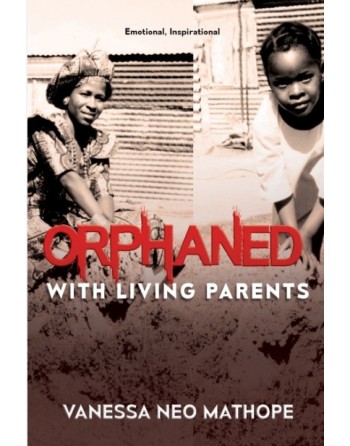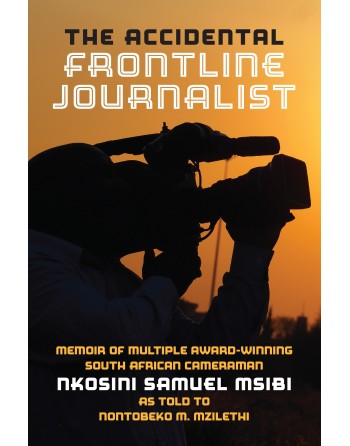Letters to Kuwait by Carlos...
One day I suddenly thought, “My goodness, where’s Gareth?” So, I started looking. Last I heard, he was working with the British Army in Iraq, doing long stints: I tracked him down to prison cell in Kuwait. He had been used as a drug mule, nabbed and sentenced to death by hanging. His death was commuted to life and then further reduced to 15 years. When I located him, he had already been inside for four years. Thereafter I sent him a letter, every month, for 67 consecutive months. My Letters to Kuwait, were received by Gareth on his hidden device: news and comment on life in South Africa, my reflections on humanity and our world.



